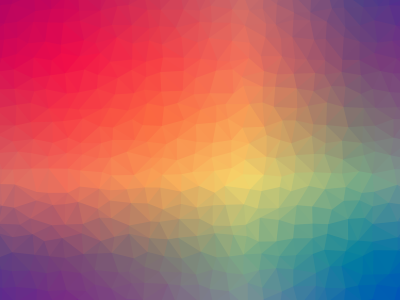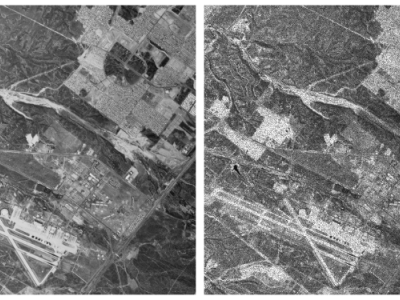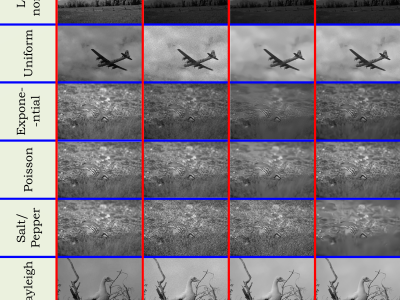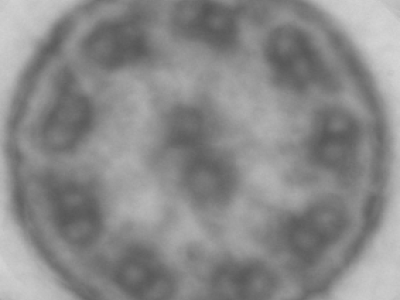
This dataset contains source images of TPAMI3274826 (Fig. 10, Fig. 11, Fig. 13).
- Categories:

This dataset contains source images of TPAMI3274826 (Fig. 10, Fig. 11, Fig. 13).

Synthetic Aperture Radar (SAR) images can be extensively informative owing to their resolution and availability. However, the removal of speckle-noise from these requires several pre-processing steps. In recent years, deep learning-based techniques have brought significant improvement in the domain of denoising and image restoration. However, further research has been hampered by the lack of availability of data suitable for training deep neural network-based systems. With this paper, we propose a standard synthetic data set for the training of speckle reduction algorithms.

Our goal is to find whether a convolutional neural network (CNN) performs better than the existing blind algorithms for image denoising, and, if yes, whether the noise statistics has an effect on the performance gap. We performed automatic identification of noise distribution, over a set of nine possible distributions, namely, Gaussian, log-normal, uniform, exponential, Poisson, salt and pepper, Rayleigh, speckle and Erlang. Next, for each of these noisy image sets, we compared the performance of FFDNet, a CNN based denoising method, with noise clinic, a blind denoising algorithm.

A sample of synthetic noise-free reference image created by combining multiple instances of structurally preserved cilia cross-sections. The author has removed the dataset, the interested users can contact the author via email: amitsuveer@gmail.com